Citizens and other stakeholders act together to influence policy at both local and higher levels
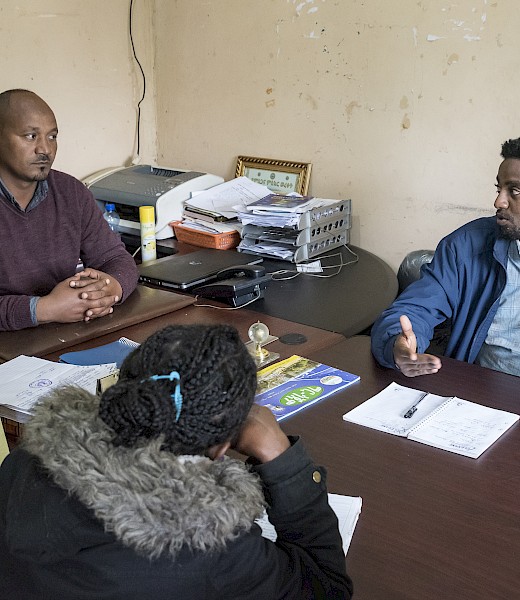
Right2Grow empowers local communities in Ethiopia to speak up. The country has one of the highest rates of undernutrition among children under five.
Despite economic growth, Ethiopia still has some of the highest rates in the world of undernutrition among children under the age of five.
Multidimensional poverty and food insecurity, lack of access to safe and clean water, poor sanitation conditions and facilities, and unsafe hygiene practices continue to be major challenges to overcoming malnutrition in the country. Climate change is contributing to this, with severe droughts and floods affecting agricultural production and access to clean water. Structural injustice and gender disparities also play a significant role as women and other most vulnerable groups are facing challenges that affects their decision-making power on resource management and utilisation.
Children living in rural areas are 1.5 to two times more likely to be stunted compared to those living in urban centers. Similar trends are seen in areas where women’s educational status is lowest, disadvantaging them in terms of access to basic healthcare, water, sanitation and hygiene services as well as health related information. According to the 2019 UNICEF vulnerability analysis report for Ethiopia, an estimate of multidimensional poverty in the country found that 88% of children are deprived of at least three basic services including health and WASH.
In 2015, the Government of Ethiopia launched the Seqota Declaration, in which a bold commitment to end malnutrition by 2030 was declared. In this policy environment, nutrition and WASH are approached as a multisectoral issue that requires strategic geographical focus, interventions in all relevant sectors, commitment and support from all Ministries, and a joint plan that is 'owned by all'.
Despite positive policies and ongoing efforts to curb existing nutrition and WASH related issues, Right2Grow observe gaps in policy implementation and a lack of effective coordination mechanisms among government institutions as well as between government institutions, civil society, and the private sector.
There is also a need to strengthen nutrition and WASH leadership linkages at different levels and understanding of nutrition-sensitive WASH interventions, as well as transparency on budgeting and expenditures within the sectors. By taking the challenges in nutrition and WASH in Ethiopia into account, Right2Grow is strategically designed to strengthen existing efforts and multisectoral platforms of lobby and advocacy involving stakeholders at all levels.
of all children under five are acutely malnourished
of all children under five are underweight
of all children are stunted
of its GDP Ethiopia has been losing annually due to stunting
Right2Grow aims to strengthen civil society organisations and community-based organisations in their crucial advocacy roles to promote sustainable development and capacity to monitor budgets in relation to the multisectoral response to end malnutrition.
Through local advocacy and social accountability tools, the voices of local communities and vulnerable groups will be heard to improve the engagement and responsiveness of duty-bearers for quality nutrition and WASH services.
Capacitating the communities includes sensitisation on rights and entitlement as well as government policies and budgeting. For private sector, capacity building focuses on the development of innovative business models and ensuring engagement together with communities to invest for better basic social services.
Right2Grow supports the government in implementing a multisectoral, gender-sensitive and inclusive response to malnutrition. Additionally, we facilitate mutual partnerships and platforms between civil society and government as well as other stakeholders to bridge coordination gaps and realise the implementation of nutrition policies at all levels.
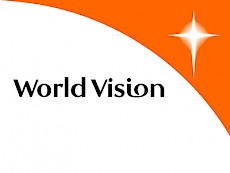
With R2G, it aims for stronger campaign against childhood malnutrition. World Vision is implementing health, nutrition, food security and advocacy projects.
Learn more
Local partner focusing on community-driven development, known by enhancing basic social services, environmental protection and WASH promotion in SNNP region.
Learn more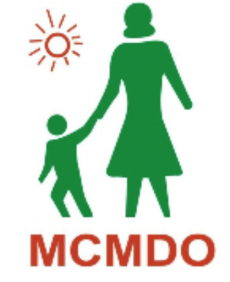
Local partner leading humanitarian response and development programmes across Ethiopia, employing an integrated approach in addressing health, nutrition and WASH related issues in Oromia region.
Learn more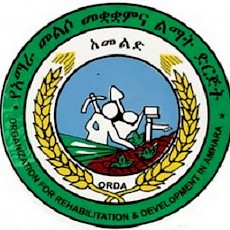
Local partner employing an integrated approach empowering communities and public institutions to ensure livelihoods and environmental security in Amhara region.
Learn more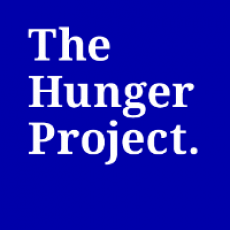
Promotes sustainable, women-centred and community-led strategies to sustainably end poverty and hunger.
Learn more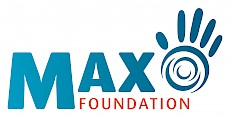
Aims to fight child mortality by providing a healthy start of life to as many children as possible in the most effective and sustainable way.
Learn more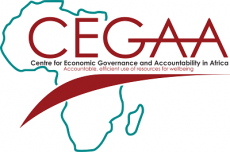
Works to build, in particular by empowering civil society, supporting parliamentarians, through training or capacity building on the budget process and monitoring.
Learn more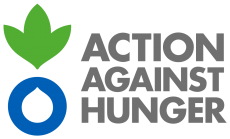
Is a humanitarian and development organization created in 1979 to fight against hunger for the last 40 years, and providing a coordinated response in nearly 50 countries. ACF implements Health, Nutrition, WASH and advocacy component of the project.
Learn more
